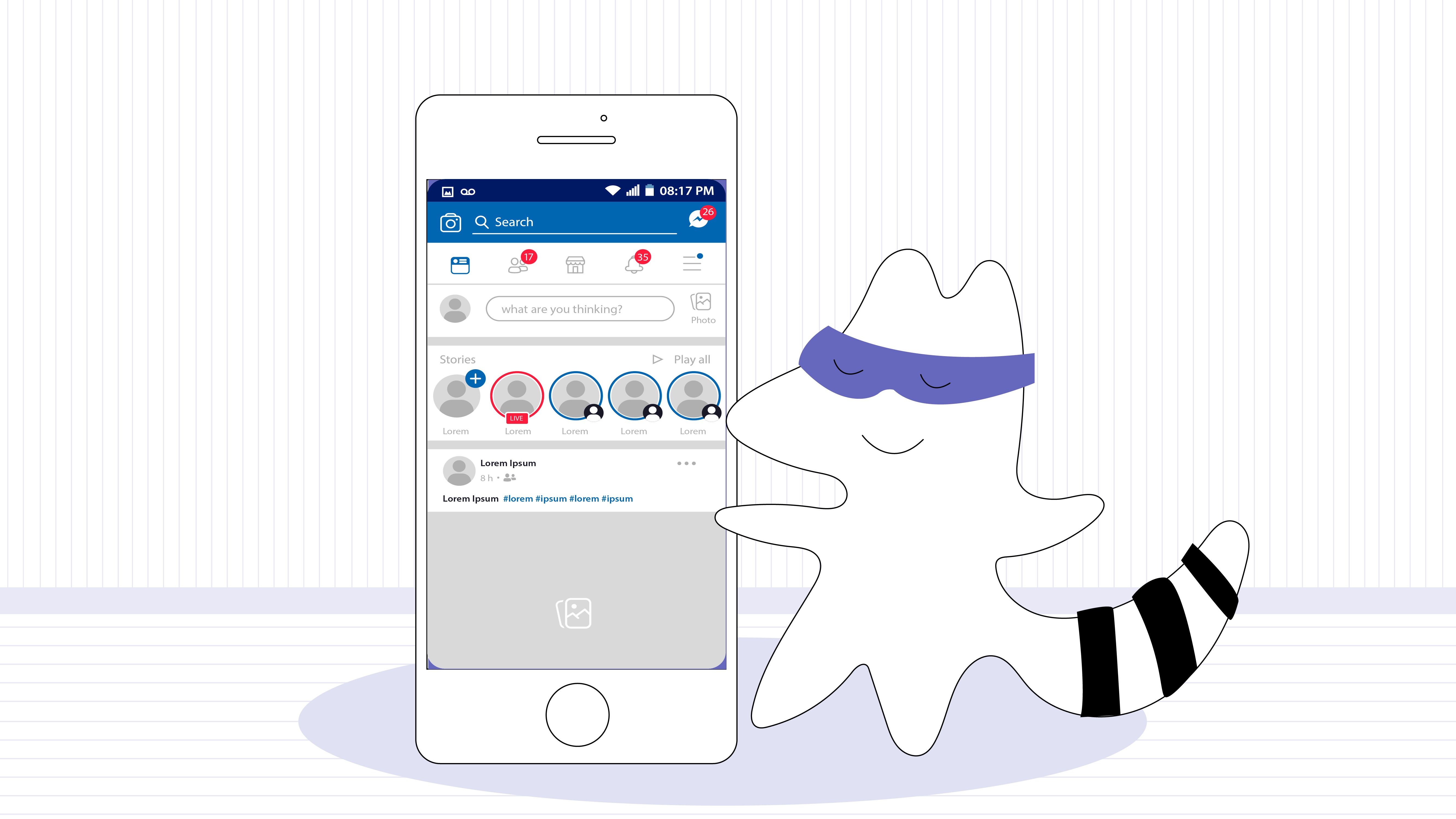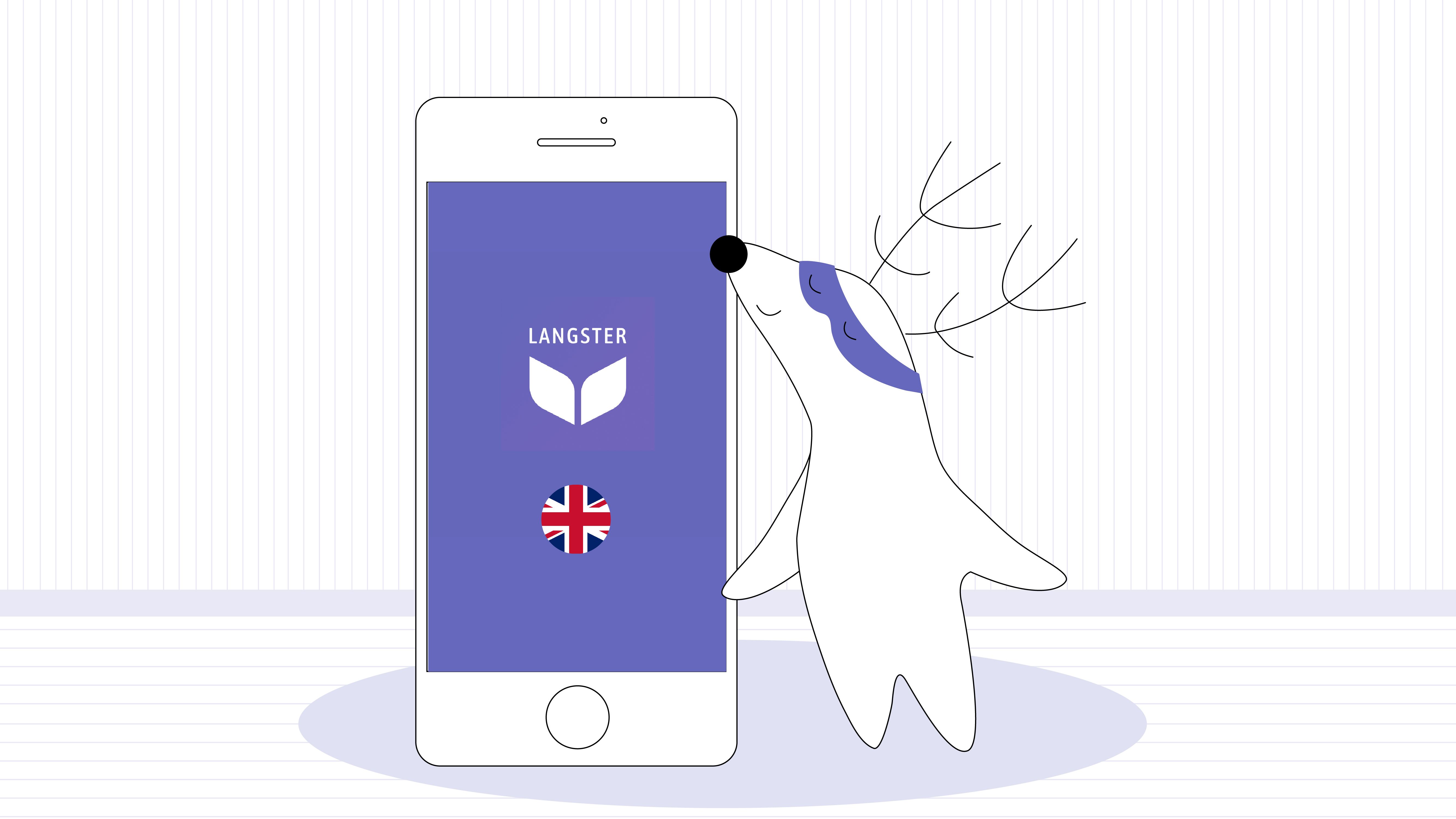
Are you tired of trying to improve your English conversation skills without success? With English being a universal language spoken by millions of people around the world, it's no wonder why so many people aspire to learn it. But, let's face it, traveling to an English-speaking country for immersion isn't always practical or possible for everyone.
That's where online resources come in handy! With apps, YouTube channels, and exchange groups, you now have endless opportunities to practice and improve your English conversation skills from the comfort of your own home.
In this blog, we will explore various strategies and tools to help you learn English conversation effectively without needing to travel. Here are some tips to help you improve your speaking abilities in the English language!
Learn English with Langster
Start With the Basics
To improve your English speaking skills, you first need to start with the most essential vocabulary and grammar rules. Without this, you won't be able to say things others will understand.
It’s important to focus on words and phrases that are commonly used in everyday conversation. Here are some practical tips:
Learn Common Expressions
Learn common expressions that English-speaking people use, like greetings, introducing yourself, asking for directions, and making small talk. These are essential for starting a conversation and building rapport with others.
For example, verbs are the backbone of any sentence, so learning the most common verbs and their tenses is crucial for expressing yourself accurately. Start with simple verbs like "to be," "to have," and "to do," then gradually move on to more complex verbs.
Next, learning common adjectives will help you to describe people, places, and things in more detail. For example, words like "happy," "sad," "angry," "tall," "short," "beautiful," and "ugly" are all common adjectives that you should know if you want to improve your speaking and listening skills.
And, don't forget to learn idioms. These are expressions that cannot be understood from their literal meaning, like "to break the ice," which means to make a conversation less awkward or tense. Learning common idioms will help you to understand and use them appropriately in conversations.

Listen to English
Listening to English conversation as much as possible is a great way to improve your understanding of the language. Watching English movies, TV shows, and even music videos are excellent ways to expose yourself to the language and, eventually, take your speaking skills to the next level.
The good news is that, when it comes to watching English movies and TV shows, there are many options available, from classic movies, modern-day films, or TV shows. Here are some examples:
This movie is a classic that tells the story of a man's experience in prison and his journey to redemption. It is full of realistic and natural dialogue, making it an excellent choice for improving your listening skills.
This iconic movie follows the life of a man with a low IQ who has many adventures throughout his life. The dialogue is simple and easy to follow, making it an excellent choice for beginners.
And, if you're interested in learning the story of the founding of Facebook and the people behind it, The Social Network is for you. The movie is full of fast-paced dialogue and modern slang, making it a great choice for improving your understanding of contemporary English.

Practice Speaking
It may sound obvious, but practicing with a native speaker or someone who is fluent in English is the best way to build your confidence and improve your pronunciation.
Speaking with someone who has a good command of the language can help you understand nuances and develop your speaking skills. Here are some tips to help you practice with native English speakers, even if you don't live in a country where English is an official language:
Join a Language Exchange Program
Many language exchange programs are available online, so you don't necessarily need to travel to practice with native speakers.
These programs pair you with a language partner who speaks English fluently and is looking to learn your native language. In this way, you can take turns practicing speaking and helping each other learn more about their target language.

Attend English-Speaking Events
Attending events where English is the primary language spoken can be a great way to meet native English speakers. These events can include cultural festivals, meetups, or language exchange groups. You can practice speaking with people who are fluent in English and learn about their culture.
Hire a Tutor
Hiring an English tutor can be another excellent way to achieve your goals. And, if you're not sure where to find a teacher that suits your needs, you can use platforms like Italki. By hiring an English tutor, you can receive personalized feedback on your speaking abilities, which can help you to identify areas that need improvement.
The one-on-one nature of working with a tutor allows for a tailored approach to your learning needs. The tutor can focus specifically on areas that you may be struggling with, such as pronunciation, grammar, or vocabulary.
Additionally, working with an English tutor can help you to build your confidence and speaking fluency, as you'll have regular opportunities to practice speaking and receive feedback on your progress when your tutor is teaching English conversation.
Use Language-Learning Apps
These types of apps are an increasingly popular and effective way to practice without attending an English conversation class. With a range of features that can help you practice listening, speaking, reading, and writing in English, they are an amazing choice if you don't have a lot of time or budget to dedicate to learning English.
Here are some popular apps that you can use to improve your spoken English:
- Duolingo is widely used by learners around the world. The app offers a range of exercises and activities that help you practice English vocabulary, grammar, and sentence construction.
- Langster has a comprehensive library of stories tailored to your current knowledge of the language. You'll be able to practice vocabulary and grammar, among other skills, in an engaging way that slowly builds your speaking skills.
- Babbel offers interactive lessons focused on practical conversation skills, such as ordering food in a restaurant or making small talk with native speakers.
The Bottom Line

All in all, learning conversational English requires you to be patient and consistent. Set aside some time every day to practice speaking and listening to English in any way you can, from listening to your favorite music to using an app like Langster.
Remember, learning a new language takes time and effort. Be kind to yourself and keep practicing; you'll be able to speak fluent English much sooner than you think!









